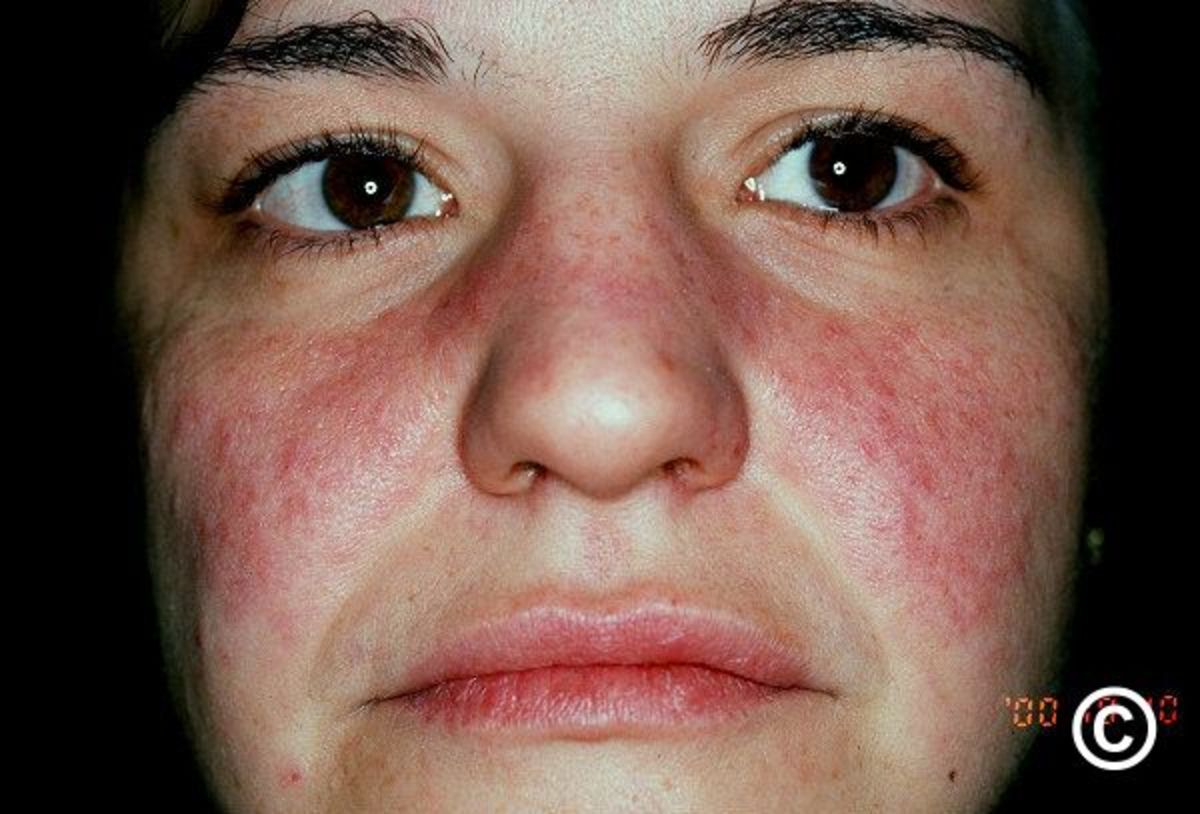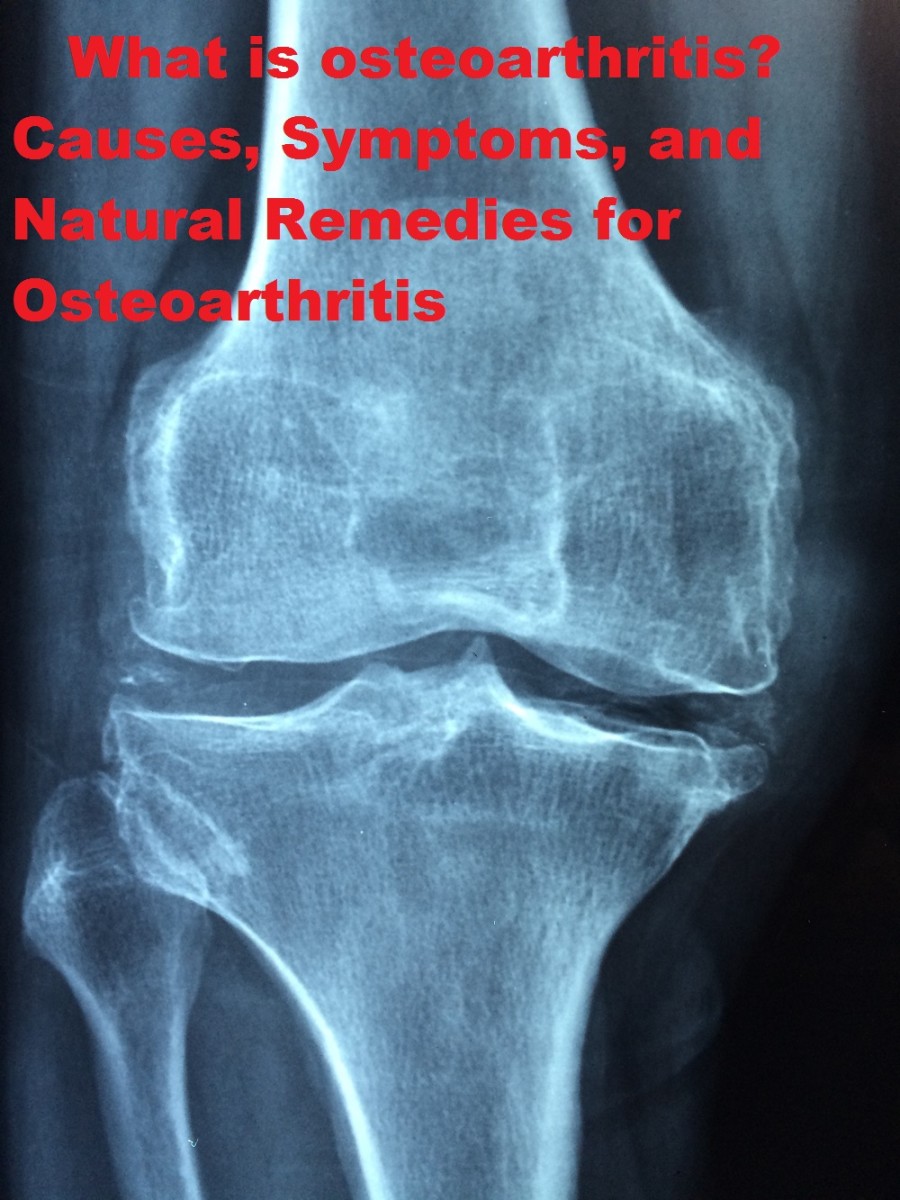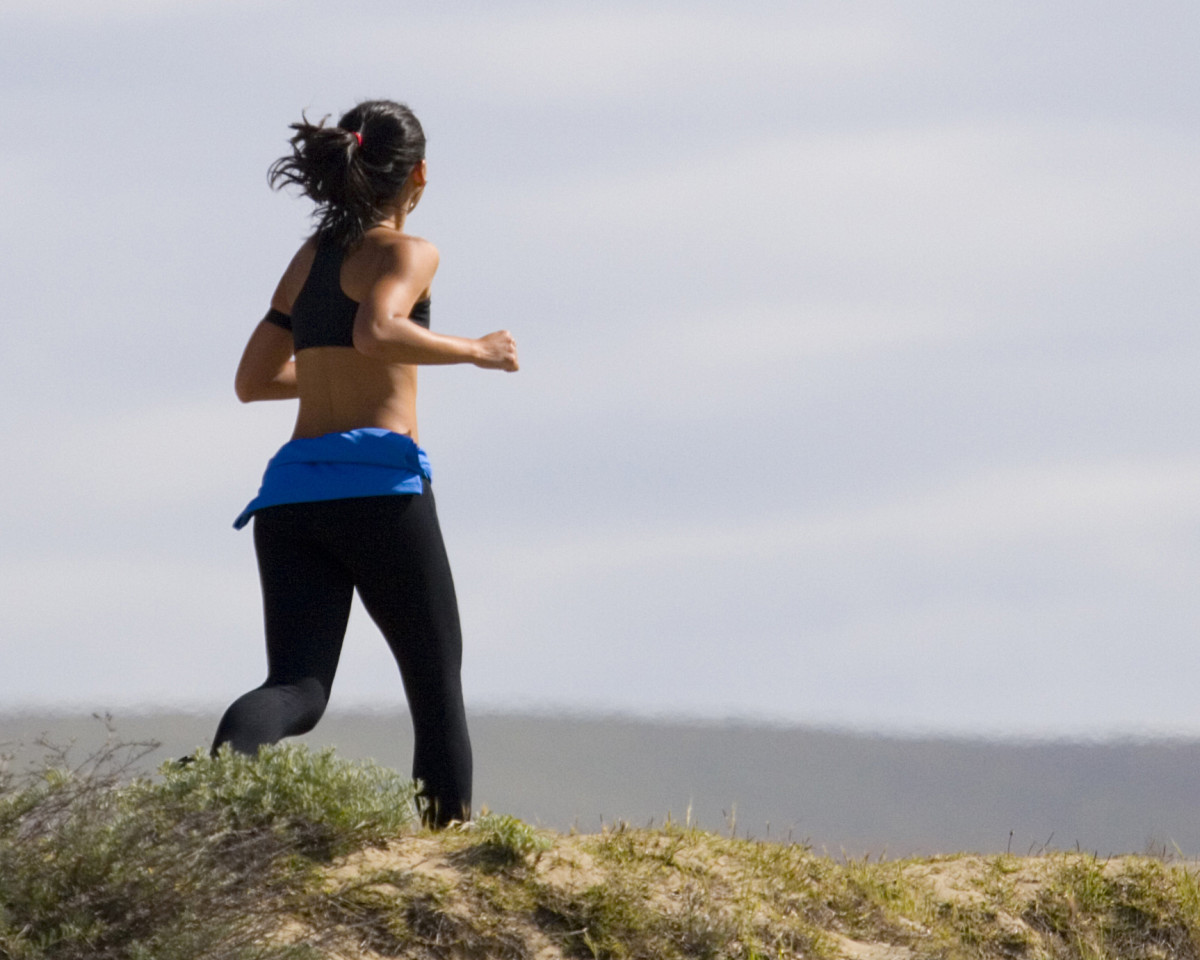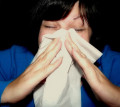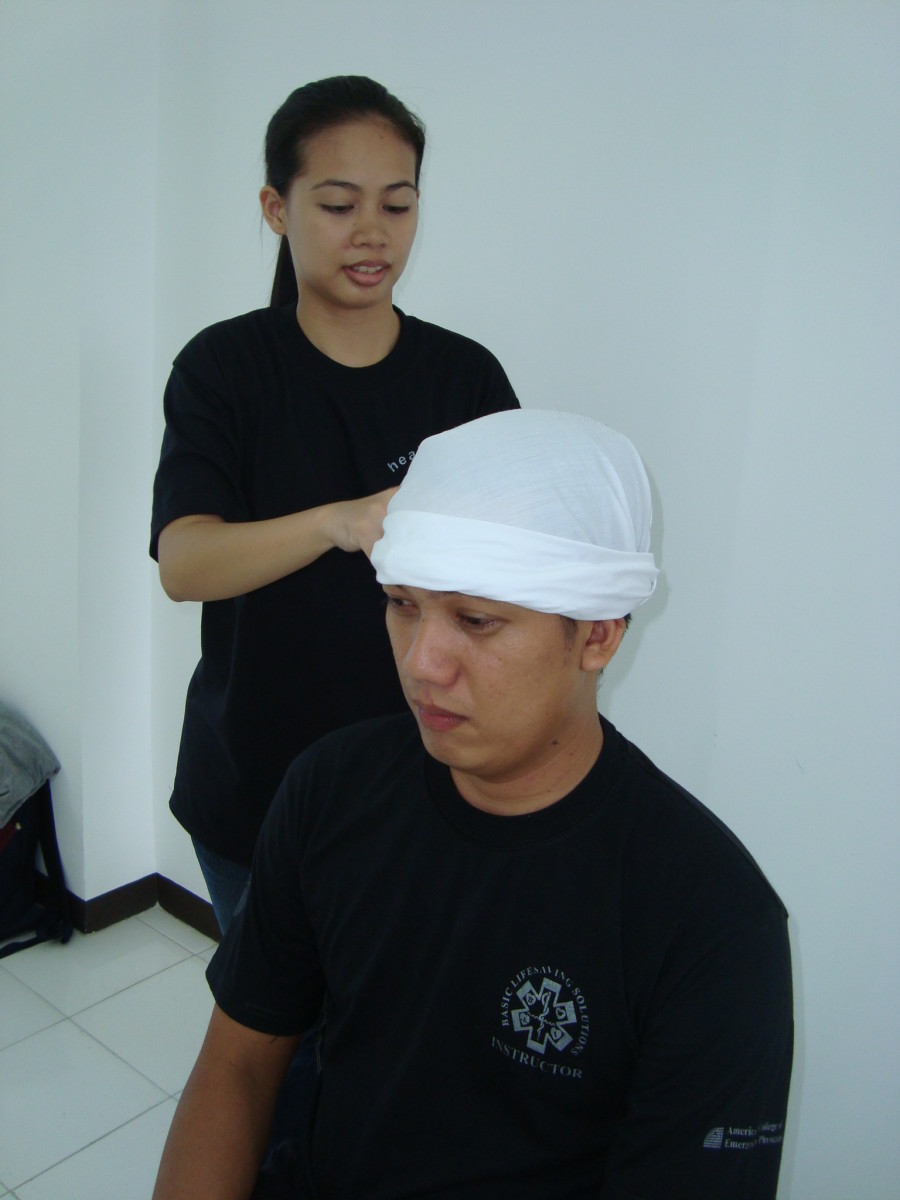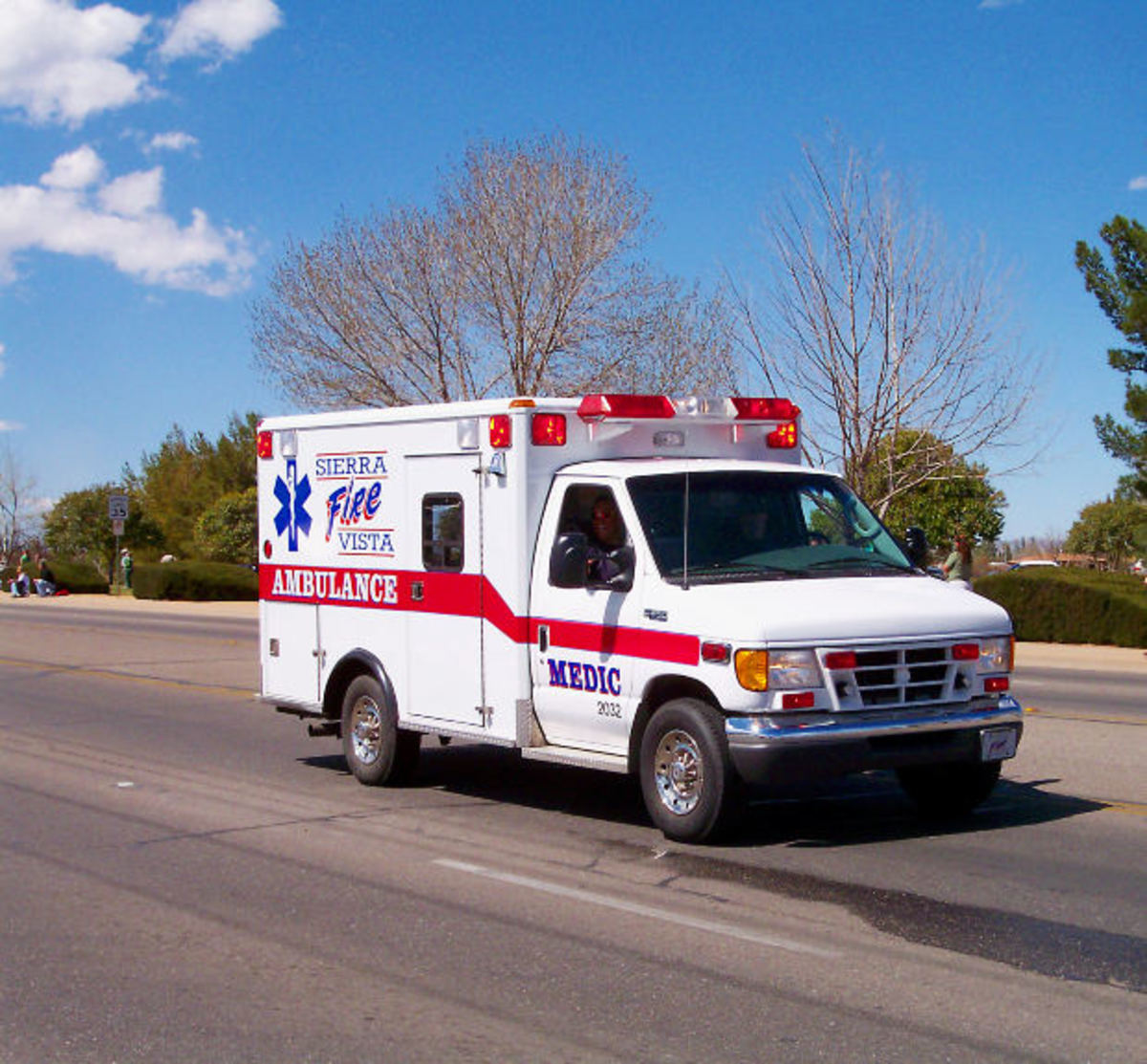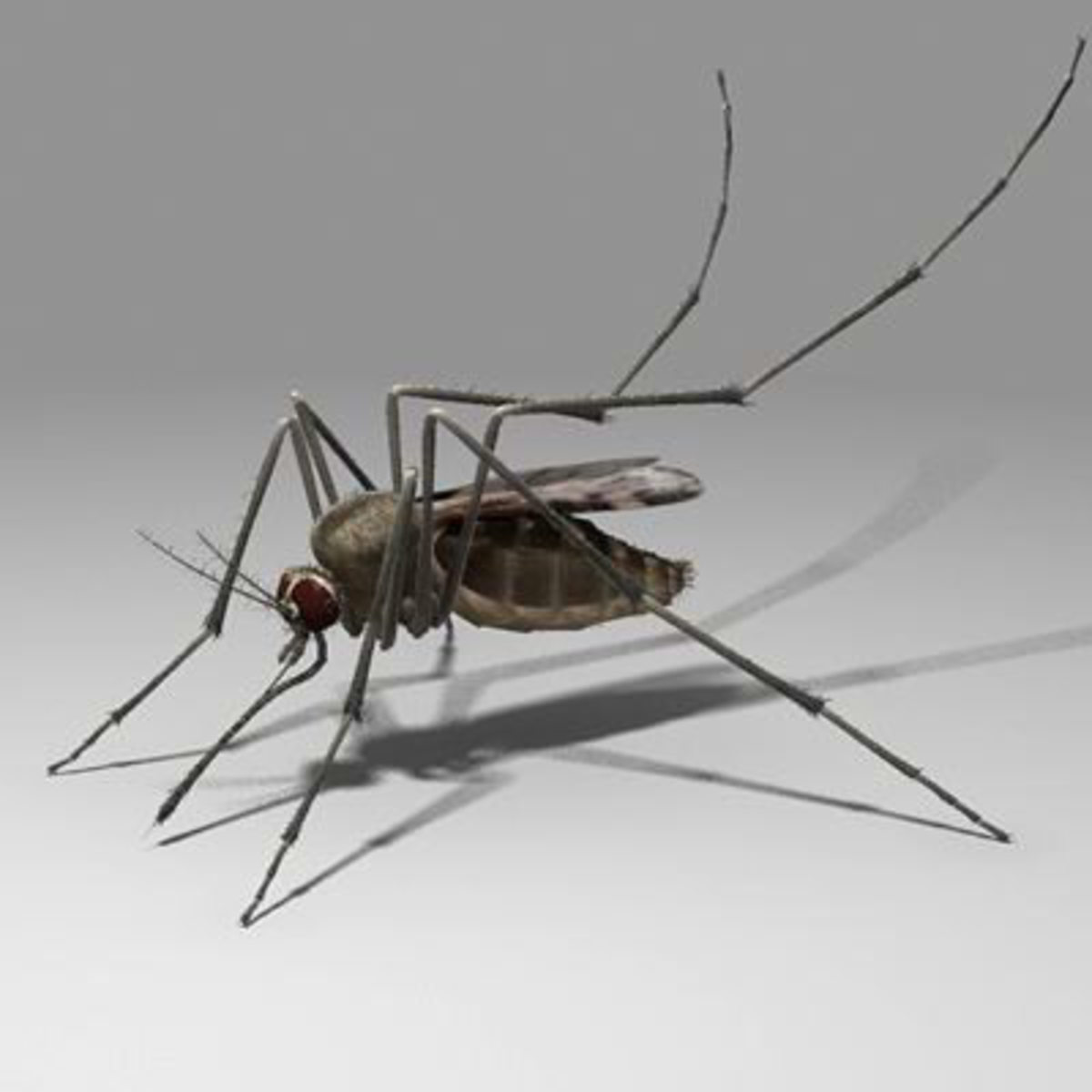Natural Remedies for Common Health Problems

Introduction
This article focus on 10 common health issues and easy, natural remedies. Included here are brief descriptions and easy cures, first aid, natural remedies and simple solutions.
First Aid is defined by the American Red Cross as the immediate care given to an injured or sick person until the services of a physician can be obtained. First Aid is not always administered by someone other than the victim. Often, this task is administered by the victim himself.
1. How to Soothe a Blister
A blister is a bubble of clear liquid beneath the top layer of the skin, usually caused by heat of friction. Small blisters in protected areas should not be broken because the blister itself is the best protection for the skin. If the blister is partially broken, it is vulnerable to infection, so it should be broken, drained, and cleaned. It should be treated as a cut. To completely break a blister, use a sterilized need and drain. Clean with soap and water and treat the area with antibacterial ointment, or for a more natural remedy, apply petroleum jelly. Loosely apply gauze pad and cover with an adhesive bandage, and wash and reapply ointment, changing dressing daily, until it heals.
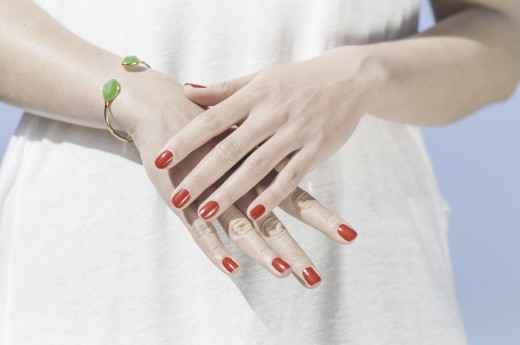
2. How to Heal a Burn
A simple kind of burn may be a blistering burn caused by heat or chemicals. In this case, as long as the burn is minimal, first, wash with mild soap and water. A medicated ointment or sterile petroleum jelly can be applied on the burnt area before covering it with sterile gauze and tape, but for a more natural remedy, try applying Aloe Vera ointment. Otherwise, merely covering the burn with a bandage prevents further contamination until proper healing occurs.
According to Medical News Today, the FDA first approved Aloe Vera ointment as an over-the-counter medication for skin burns in 1959. Applying Aloe Vera to burns and burn wounds may accelerate the healing process.
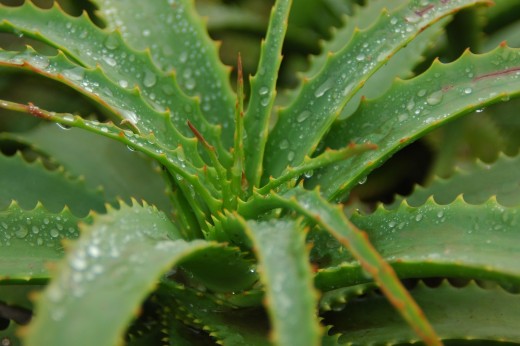
3. How to Help Canker Sores and Fever Blisters Heal Faster
Canker sores, also called fever blisters, are usually found on the inside of the mouth and are usually caused by a virus. They do not cause any permanent damage and go away on their own. There is no immediate cure so only time will bring complete healing and relief. If pain occurs, a mild pain relief medicine, such as acetaminophen, can be taken. You can also apply over-the-counter treatments but for a more natural remedy, try Aloe Vera, which can help to speed healing.
Applying Aloe Vera gel to canker sores or fever blisters has been shown to aid in the recovery process and can reduce the healing time while soothing as well.
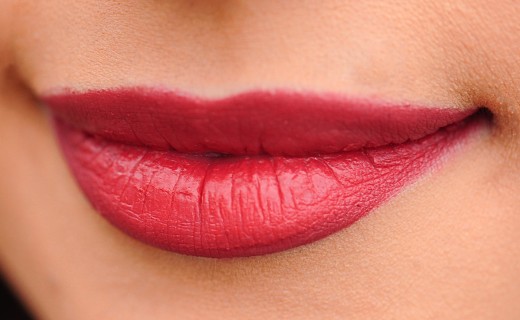
4. How to Treat the Common Cold
Mostly everyone, everywhere suffers from the common cold at one point in their life. Although there are many treatments to help the symptoms of a cold, there is no one cure for the common cold. The common cold is a virus-caused inflammation of the nasal and throat membranes and frequently involves the ears and chest.
Treatments for the common cold include the following:
- Drink 8 oz. of water or juice each hour
- Eat chicken soup, which has decongestant and curative properties
- Gargle with hot salt water every 2 hours to relieve throat pain and clear mucus
- Take acetaminophen to reduce pain and fever
- Use throat lozengers for sore throat
- Wash hands and face frequently to prevent infecting others
- Get plenty of rest, and stay in bed rest if fever occurs
- Increase vitamin C intake

5. How to Cure Constipation
Constipation happens from time to time, and is usually caused by diet. Treatments include the following:
- Adjust diet to include more roughage and fiber, including raw vegetables, unrefined grains, and fruits except for bananas. God sources of fiber include bran and other whole grains found in cereals, breads, and brown rice, vegetables including brussels sprouts, carrots, and asparagus, and dried fruits such as raisins, apricots, and prunes.
- Eat fewer dairy products
- Increase water consumption
- Increase exercise
- Be sure to get adequate rest
- Reduce emotional stress
- Consult a doctor before taking over-the-counter treatments
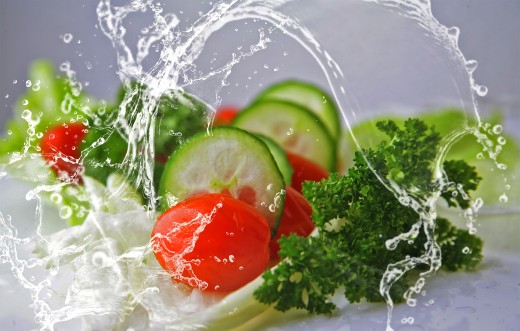
6. How to Relieve an Earache
An earache is an inflammation of the middle ear, usually caused by a bacterial infection, although there may be other causes. They are most common in children and adolescents but may be found in people of all ages. One common treatment is heat, applied with a heating pad or hot water bottle, for example. In some cases, a doctor may need to be seen and may prescribe ear drops. A cotton ball can be placed loosely in the ear for protection and warmth.
According to healthline.com, other natural remedies include:
- Adding a a few warmed drops of olive oil in the ear is safe and could be moderately effective
- Performing neck rotation exercises
- Applying ginger juice, or strained oil that was warmed with ginger in it, around the outer ear canal
- Placing several drops of hydrogen peroxide into the affected ear. Let it sit for several minutes, drain, then rinse your ear with clean, distilled water
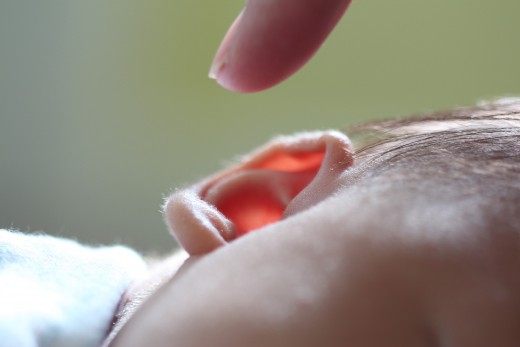
7. How to Treat and Not Treat Frostbite
Frostbite is an injury produced by a freezing of a part of the body, such as nose, cheeks, ears, toes and fingers. The cause is exposure to cold, particularly with insufficient clothing. The area which is frostbitten normally appears a whitish color at first, along with some pain. The best remedy for mild cases is to:
- Warm the part against another body part and provide warm, dry clothing
- Unless absolutely necessary, do not walk on frostbitten toes or feet
- Gently warm the area in warm water (not hot water) or with wet heat until the skin appears red and warm; If water is not available, breathe on the area through cupped hands
Once the body is warm again, hot drinks and rest are recommended.
The following are remedies which are NOT recommended for frostbite:
- Rubbing or treating area with antiseptic
- Exposing areas to hot water or heat (excessive heat may cause damage)
- Immersing the area in hot water

8. How to Get Rid of a Headache
Headaches are usually caused by stress, although other causes include the common cold, flu, allergies, and certain foods. Many headaches can be cured by lying down, relaxing, and reducing the sources of stress in your life. Massage or heat on the back of the neck may also alleviate a stiff neck which usually accompanies a headache.
In addition:
- Limit caffeine and alcohol
- Avoid cigarettes
- Eat regular meals
- If you use a computer for an extended period of time, take breaks and stretch periodically
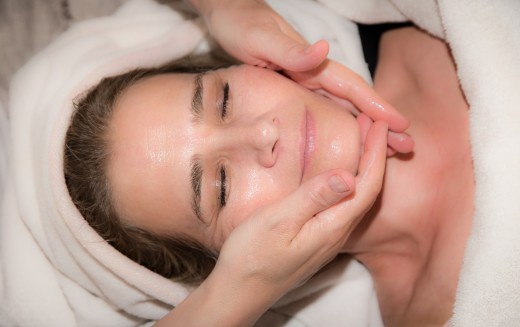
9. How to Beat Insomnia and Get a Good Night's Sleep
Insomnia is typically the recurring inability of falling asleep. Causes of insomnia may include noise, uncomfortable bedding, stress, or diet. More serious causes are mental or emotional problems which cause ongoing stress and tension, which may make it impossible to relax. Less severe cases of insomnia can be cured by taking warm baths before bedtime, or drinking a warm beverage such as milk, or decaffeinated tea. Also, anything which promotes the easing of muscular tension will help to reduce insomnia.
To prevent or reduce insomnia:
- Avoid heavy meal and beverages containing caffeine
- Avoid napping during the day
- Exercise regularly during the day
Do not take sleeping pills without the advice of a physician, because they are only a temporary solution, and can only treat the symptom, but not the cause of insomnia.
To get a good night's sleep:
- Take a warm shower before bed
- Rub and massage your feet and toes
- Do not watch TV or use your cell phone within 2 hours of bedtime
- Dress comfortably and make sure the temperature of the room is not too hot or too cold
- Practice deep breathing to relax into a deep sleep
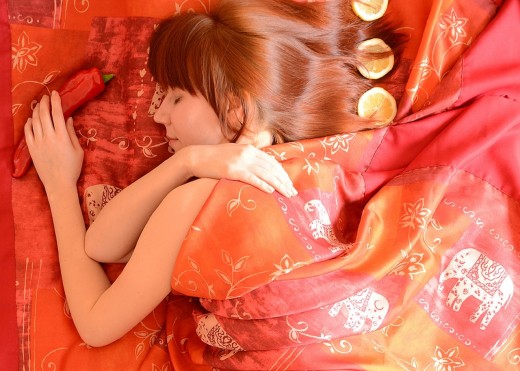
10. How to Relieve a Toothache
Toothaches are typically causes by tooth decay, although another cause may be a piece of food lodged between teeth, or between teeth and gum.
To relieve tooth pain:
- First, floss gently and rinse. Even children can be taught to gently floss as a daily practice.
- Apply a warm compress to the outside of the mouth or cheek.
- An ice pack or acetaminophen can be used to reduce pain, and if pain persists, it is best to contact a dentist.
If you are experiencing jaw pain as well, check this article to rule out TMJ (Temporomandibular Joint Disorder): TMJ Symptoms and Preventive Measures
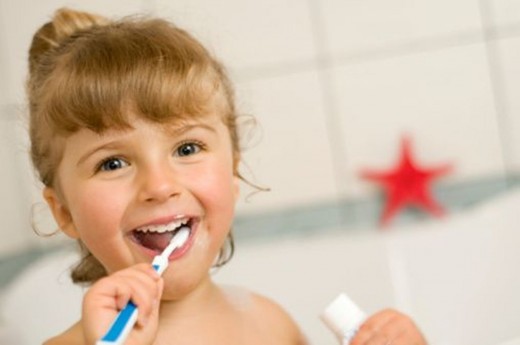
10 Tips for Healthy Lifestyle and Healthy Living
Conclusion
These common health problems can usually be cured easily, and in many cases, will go away on their own. Learning basic first aid will help to be better prepared for emergencies. It is also important to remember that major injuries can often be prevented if the minor ones are taken case of first.
Knowledge of preventive measures is always a good idea and can come in handy where the victim is you, or someone you know!
Reources
- What are the benefits of aloe vera? https://www.medicalnewstoday.com/articles/318591.php
- Natural Ways to Kick a Cold https://www.webmd.com/cold-and-flu/features/cold-comfort
- 11 Effective Earache Remedies https://www.healthline.com/health/12-effective-earache-remedies
- Frostbite Treatment https://www.webmd.com/first-aid/frostbite-treatment
- 10 Tips for Insomnia https://www.webmd.com/women/guide/insomnia-tips
This content is accurate and true to the best of the author’s knowledge and is not meant to substitute for formal and individualized advice from a qualified professional.
© 2015 Amelia Griggs

